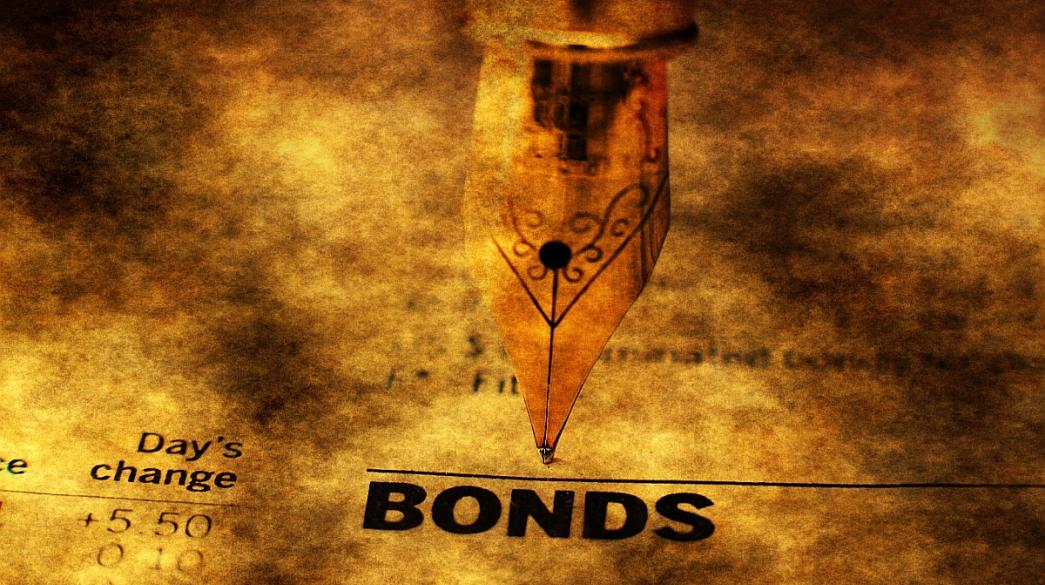Greek banks are creating a capital cushion of 1.2 billion euros through the exchange of government bonds with the Greek state, allowing the lenders to absorb one-time losses from the securitization of problem loans, through which they can clean up their balance sheets.
The process of government bond swaps between banks and the Public Debt Management Organization (PDMA) started in January by National Bank (NBG), while Alpha Bank and Eurobank followed with similar deals in December. The management of Piraeus Bank has not proceeded with any swaps, but announced, during the presentation of its nine-month earnings, that it will register in 2021 gains to the order of 400 million euros from government bonds.
These exchanges are based on a simple idea, which is mutually beneficial for banks and the state: the banks return to the state securities that would expire within the current decade and, in exchange, take bonds that will expire after 30 years. In the short run, banks record capital gains, because the present value of the securities they receive is greater than the value of the securities
they exchange. In the long run, the government is benefiting from debt extension. Essentially, the state is paying banks to push significant debt payments to a much later date.
NBG got the ball rolling
The lion's share of profits from government bond exchanges has been secured by National Bank, amounting to 489 million euros, about 40% of total profits the four systemic banks will book from this source. NBG's exchange of bonds emerged as a result of another exchange:
- The bank had in its portfolio, until the beginning of 2019, the state’s old swaps with Goldman Sachs, which were later transferred to NBG and then converted into new securities, through a special purpose vehicle (Titlos Plc). These securities were based on an exchange of interest rates with the state, which, however, was beneficial to the bank only in "normal" interest rate conditions, while at zero interest rates it caused losses. Additionally, these securities could not be used as collateral for the ECB to raise liquidity. Thus, at the beginning of 2019 it was agreed with the state to exchange three "normal" bonds that would expire in the years 2023, 2025 and 2026.
- However, in January 2020, these bonds were exchanged with the government and replaced with a 30-year bond (expiring on March 20, 2050). The nominal value of the new security was 3.314 billion euros and the settlement value was 3.803 billion euros, ie the bank's profit was 489 million euros.
After this deal, PDMA proceeded in December with two more swaps, first with Alpha Bank and then with Eurobank. Specifically,
- On December 7, Alpha Bank proceeded with an exchange of Greek government bonds, with a nominal value of 1.67 billion euros with new securities, lasting 30 years (expiring on 20/03/2050), with a settlement price of 146.52% and a yield at maturity of 1.32%, as well as in cash. The capital benefit for the bank amounts to 170 million euros and improves its total capital adequacy ratio by 30 basis points, which is now approaching 19%.
- Eurobank proceeded with its own swap on December 18, earning a capital gain of 155 million euros from the transaction, as i exchanged bonds with a nominal value of 1.2 billion euros, maturing from 7 to 21 years, with new securities lasting 30 years, at market prices, also receiving cash. The exchange adds 40 basis points to its total capital adequacy ratio, which stands at 16.3%.
- Piraeus Bank has left for 2021 its own bond exchange, in order for the capital increase to coincide with the completion of two major securitizations deals. As stated by CEO Christos Megalou, during the presentation of the 9-month results, the lender estimates that about 400 million euros from the total capital increase plan next year will come from the addition of gains from its bond portfolio.


